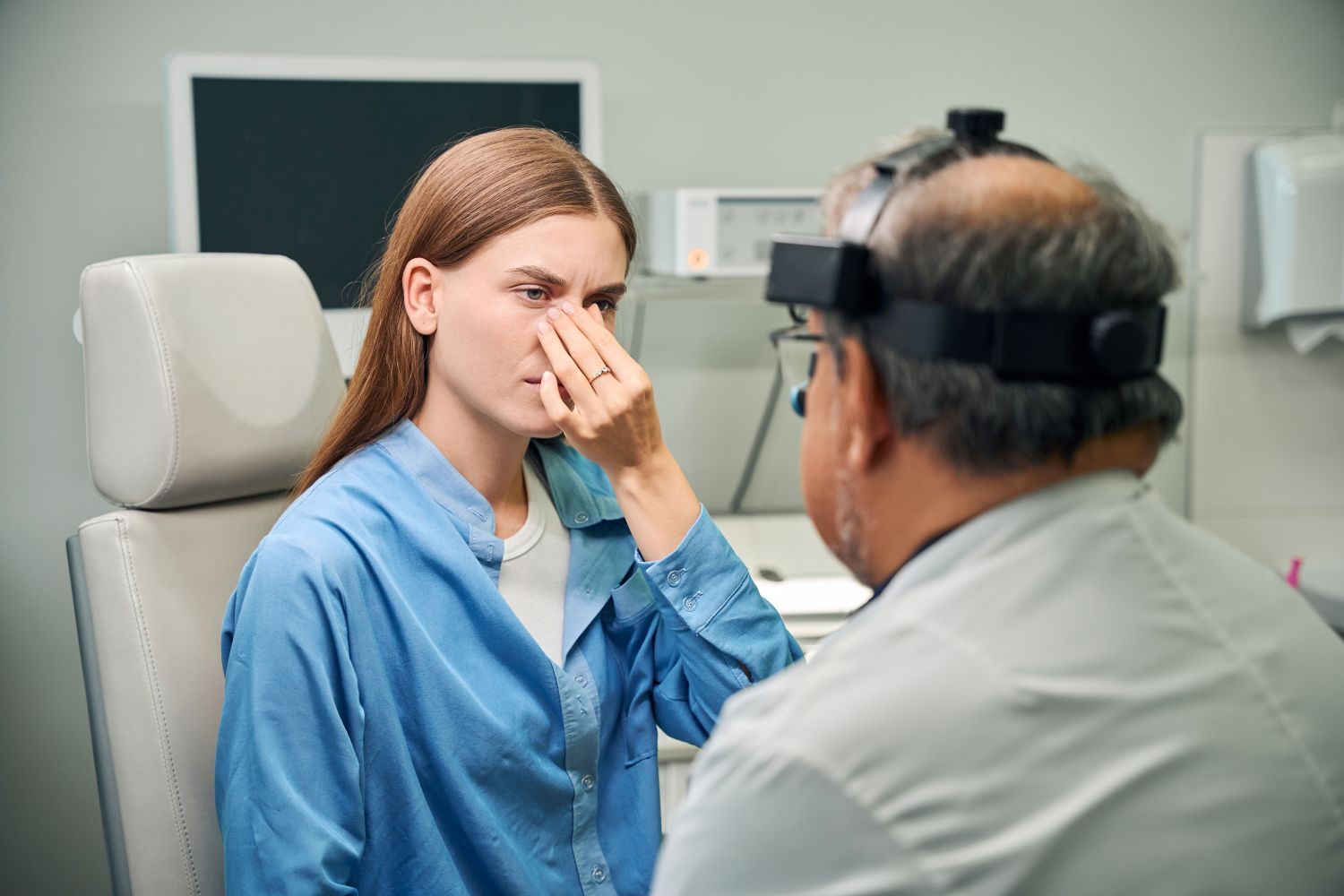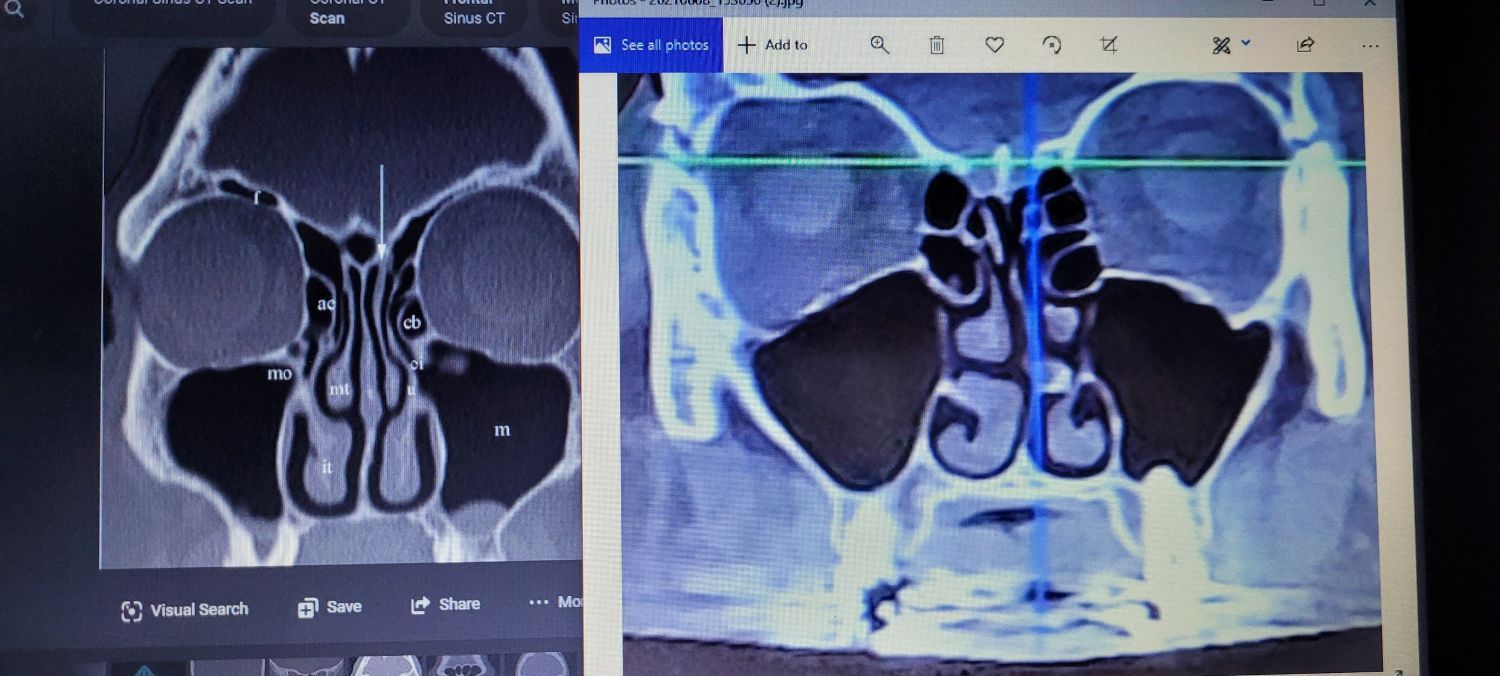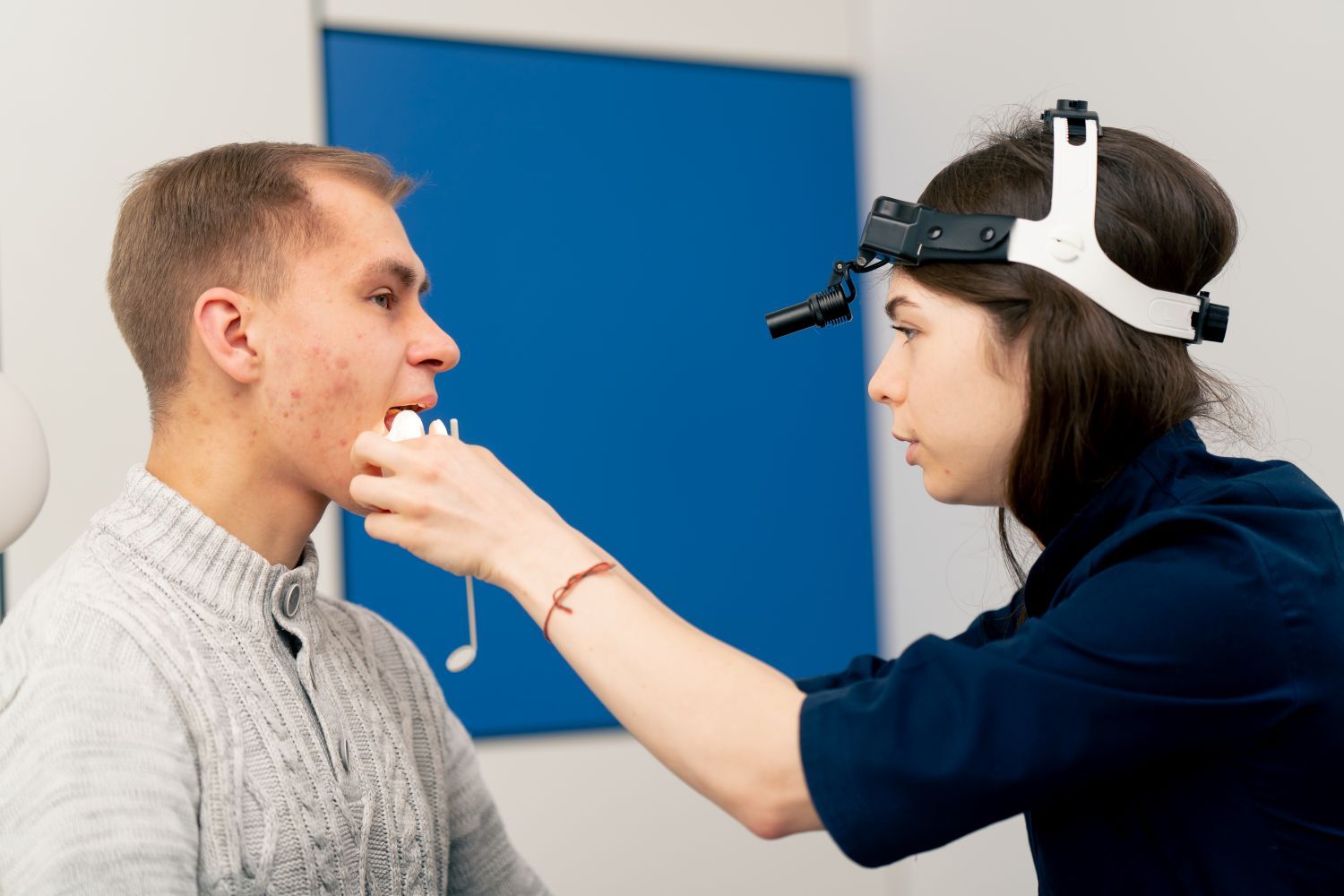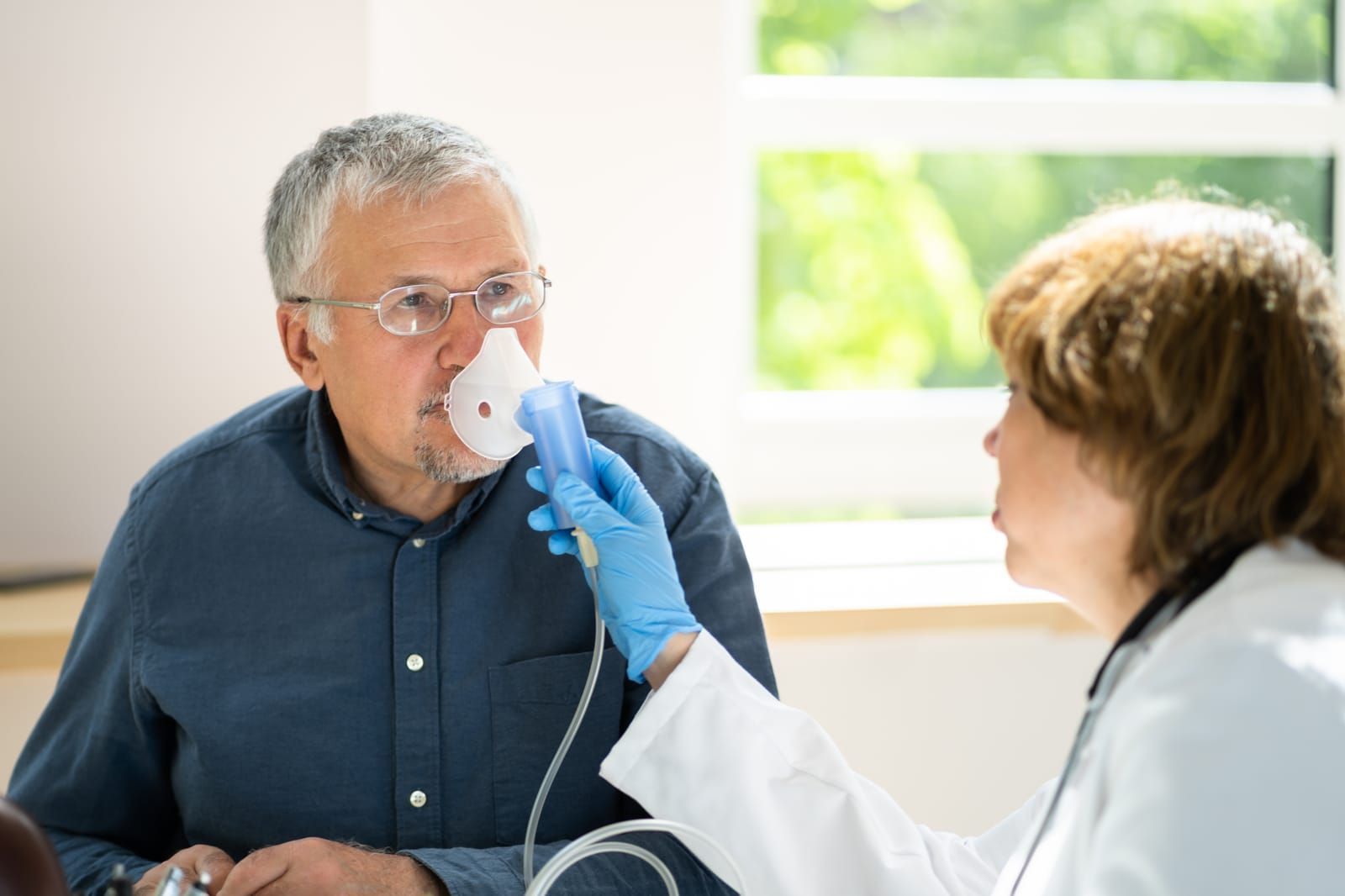Can Your Gut Microbiome Help Alleviate Allergy Symptoms?
As healthcare professionals, we continuously seek ways to enhance patient care and improve health outcomes. One area that has gained significant attention in recent years is the gut microbiome and its potential influence on various health conditions, including allergies. Understanding the connection between the gut microbiome and the immune system may provide valuable insights into alleviating allergy symptoms in our patients.
The Gut Microbiome: An Overview
The gut microbiome consists of trillions of microorganisms, including bacteria, viruses, fungi, and other microbes residing in the gastrointestinal tract. This complex ecosystem plays a vital role in digestion, metabolism, and overall immune function. The gut is home to a substantial portion of the body’s immune cells, making it a significant player in modulating immune responses.
How the Gut Microbiome Influences the Immune System
has shown that a balanced gut microbiome can promote healthy immune function. Beneficial bacteria help train the immune system to distinguish between harmful pathogens and harmless substances, such as food and environmental allergens. Dysbiosis, or an imbalance in the gut microbiome, can lead to inappropriate immune responses, increasing the risk of allergic reactions.
A healthy gut microbiome contributes to the production of short-chain fatty acids (SCFAs) through the fermentation of dietary fibers. SCFAs, such as butyrate, have anti-inflammatory properties and play a crucial role in maintaining the integrity of the gut barrier. A strong gut barrier prevents allergens and toxins from entering the bloodstream, reducing systemic inflammation and lowering the likelihood of allergic reactions.
The Role of Diet in Modulating the Gut Microbiome
Diet is one of the most significant factors influencing the composition and diversity of the gut microbiome. A diet rich in fiber, fruits, vegetables, whole grains, and fermented foods can promote the growth of beneficial bacteria. Probiotics, which are live beneficial bacteria found in certain foods and supplements, may also support a healthy gut microbiome.
Encouraging patients to adopt a balanced diet can be an effective strategy for improving their gut health and potentially alleviating allergy symptoms. Studies have suggested that individuals with diverse gut microbiomes are less prone to develop allergies, highlighting the importance of early dietary interventions in childhood.
The Potential of Probiotics and Prebiotics
Probiotics and prebiotics have gained attention as potential therapeutic options for managing allergies. Probiotics can enhance the population of beneficial bacteria in the gut, while prebiotics serve as food for these bacteria, promoting their growth. Some studies have indicated that specific strains of probiotics may help reduce allergic symptoms, particularly in children with atopic dermatitis and allergic rhinitis.
However, it is important to recognize that not all probiotics are alike; different strains have varying effects on health outcomes. Therefore, further research is needed to identify which specific strains may be most effective in alleviating allergy symptoms.
Join the Snot Force Alliance
To gain firsthand insights into allergy management, we invited healthcare professionals to attend the Kentuckiana Bourbon and Roses 2024 Symposium. A distinguished panel of experts shared their experiences and strategies for tackling challenging allergy cases. This was a valuable opportunity to expand knowledge and engage in meaningful discussions with fellow professionals in the field. Attendees did not miss out on this chance to enhance their practice!
Stay tuned for more helpful tips from the Snot Force Alliance on how to provide better care for patients, and join our force today!













